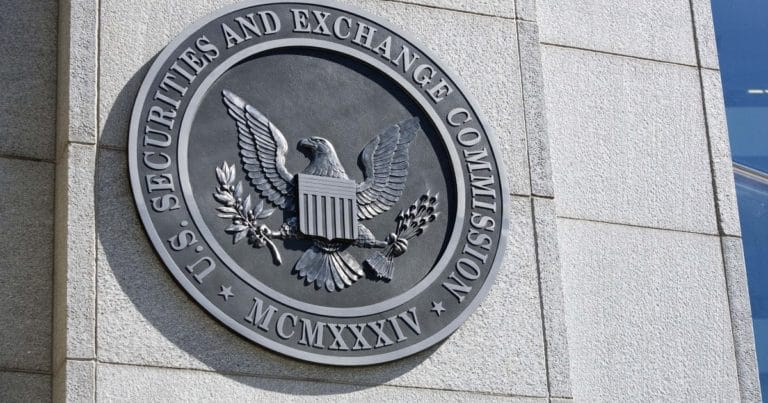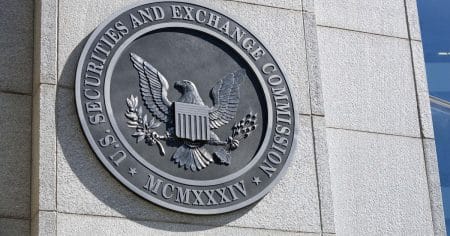
The Securities and Exchange Commission (SEC), administers all federal laws that regulate the securities industry. Fancy words for, they police the investment world and make sure no one’s doing any shady business.
A security is another word for—stocks, bonds, mutual funds, and many other types of intangible investments. If you buy gold bars (a tangible asset), that’s not a security, but if you buy stock in a precious metal fund (intangible), that’s a security. Many people use securities and stocks interchangeably.
The SEC was established in 1934 after the October 29, 1929, stock market crash, otherwise known as the Great Depression. Rules and regulations were virtually nonexistent back then which led to a number of frauds and other financial schemes.
According to SEC.gov, the mission of the U.S. Securities and Exchange Commission is to protect investors, maintain fair, orderly, and efficient markets, and facilitate capital formation.
It ensures that companies disclose important market-related information, maintain fair dealing, and protect against fraud.
Each year the SEC brings hundreds of civil enforcement actions against individuals and companies for violation of the securities laws such as insider trading, accounting fraud, and providing misleading information about securities and the companies that issue them. In other words, lying or falsifying information.
Remember when Martha Stewart went to jail in 2003? The SEC filed securities fraud charges against her for illegal insider trading when she sold stock in a bio pharmaceutical company after receiving an unlawful tip to do so.
Other than cracking the whip when a person or company breaks a rule, the SEC is also involved in the upfront process of putting a product to market.
To even launch a product for investors to invest in, a registration statement must be approved by the SEC. The registration includes a review of the prospectus among a bunch of other important documents.
A prospectus lists the name of the company issuing the stock or the mutual fund manager, the amount and type of securities being sold and, for stock offerings, the number of available shares. It also details the fees for the product and the risk it poses to investors.
In other words, a company cannot just willy-nilly put an investment out there for people to buy without providing all of the details into what it is. It all has to go through an arduous process and review by the SEC.
Some other interesting facts about the SEC include:
- It consists of only five commissioners, with one serving as the chair.
- The chair is appointed by the president.
- The commissioners are appointed for five-year terms that are staggered so that a new commissioner is appointed each year.
- No more than three of the commissioners can belong to the same political party.
- Any securities (investments) they had prior to obtaining the job of a commissioner are placed into a blind trust. A blind trust is when a person in public office gives the administration of private business interests to an independent trust in order to prevent conflict of interest.
- A commissioner can serve for up to 18 months beyond the expiration of their terms.*
So why does the SEC matter? Think of the SEC as the investor’s advocate.
As former Chairman William Casey said, “We must never forget that we are dealing with a priceless asset, the repository of the retirement hopes and educational aspirations of millions of Americans, a unique barometer of our economic health and engine of our economic progress. What does it take for our markets to achieve these great purposes? The markets themselves must have characteristics of liquidity and sensitivity to economic reality. They must be honest and fair and orderly. The public must have confidence that those characteristics prevail. Broad public participation is essential to liquidity. Full disclosure is essential to public confidence.”
Without the SEC investors are at risk for fraudulent transactions. Think of the Bernie Madoff scandal and how he royally screwed his clients out of millions.
The SEC ensures that companies and investors alike trade freely and fairly, which is so important to the economic structure of the United States.
The post What is The Securities Exchange Commission (SEC)? appeared first on .
